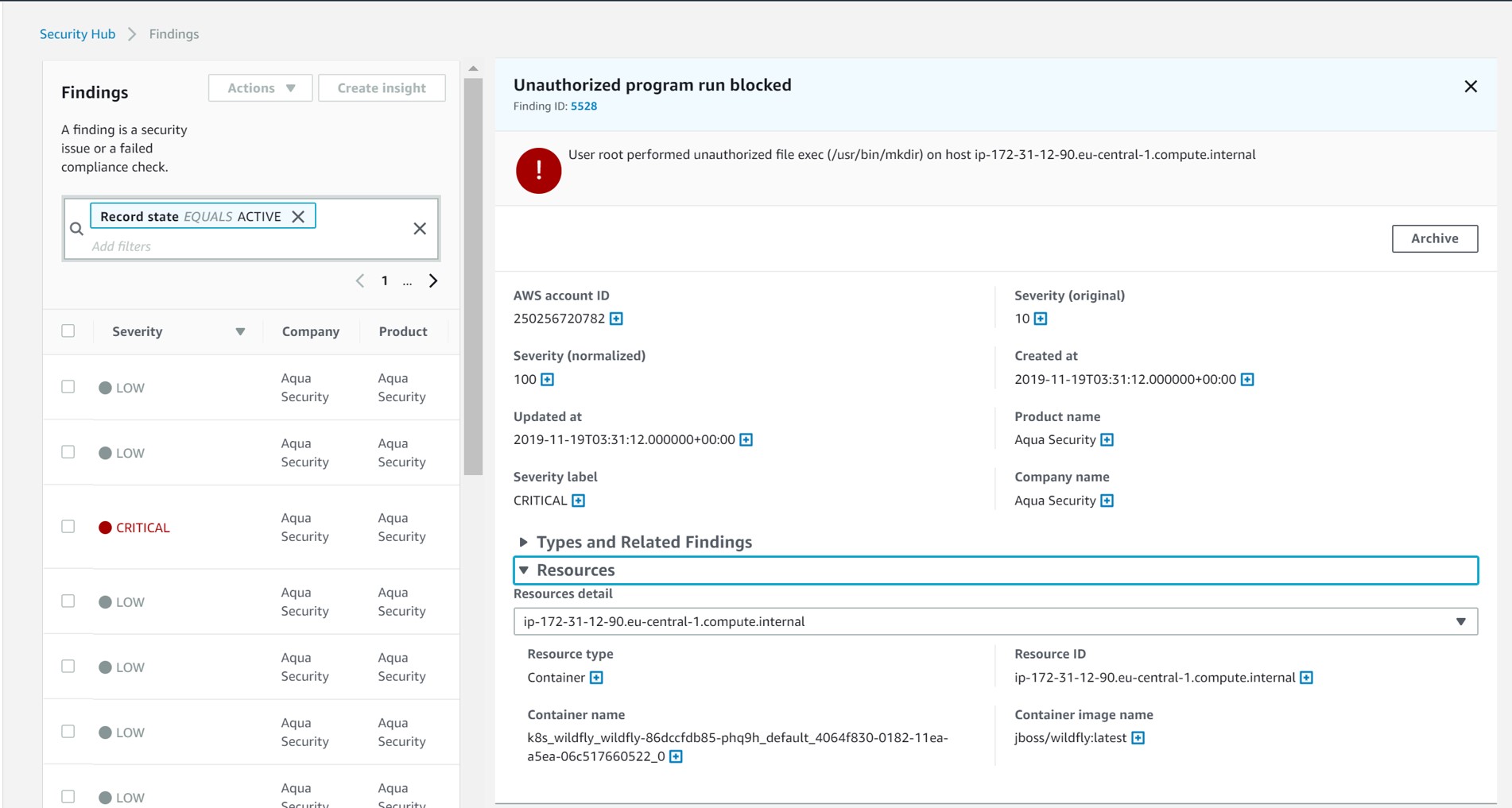Rhode Island-based electric aviation startup, Regent, has recently announced securing a massive $60 million in a Series A funding round, bringing its total funding to over $90 million. The funding was co-led by 8090 Industries and Founders Fund, with participation from notable investors such as Mark Cuban, Point72, and Lockheed Martin, among others. Notably, Regent has also signed a memorandum of understanding with Japan Airlines, expanding on the airline’s venture fund investment. The company plans to use the funds to develop and test its proof-of-concept prototype and expand its team in preparation for trials next summer and the first human flight by the end of 2024.
Key Takeaway
Rhode Island-based startup, Regent, has raised $60 million in funding to develop its electric seaglider project. The innovative seaglider design combines hydro-foiling watercraft with electric aviation, offering a solution for long-range electric transportation. Regent plans to conduct trials next summer, with the first manned flight anticipated by the end of 2024. With the backing of Japan Airlines and a strategic investor network, Regent aims to establish seaglider operations in various regions globally, revolutionizing maritime transportation.
Electric Seagliders: A Solution for Long-Range Electric Aviation
Regent’s unique approach to electric aviation addresses two significant challenges: limited battery range and the lengthy certification process. Co-founder and CEO Billy Thalheimer, drawing from his previous experience at Aurora Flight Sciences, has turned to maritime solutions, particularly electric seagliders, to overcome these obstacles. By combining hydro-foiling watercraft and electric aviation, Regent has created seagliders that operate as boats at docks and harbors, take off from wave-tolerant hydrofoils, and fly just one wingspan above the surface over open water.
Seagliders fall into the category of wing-in-ground effect vehicles (WIG), which are subject to maritime jurisdiction both internationally and domestically. This classification enables Regent to pursue certification through maritime law, offering a more streamlined regulatory process. Importantly, seagliders exclusively provide dock-to-dock transportation over water and fly within the ground effect, benefitting from improved aerodynamic efficiency and range. Currently, Regent’s seagliders can reach cruise speeds of up to 180 mph and travel distances of up to 180 miles on a single charge. As technology advances, the company aims for battery ranges of 350 to 500 miles by the end of the decade.
Expanding Market Opportunities
Regent’s vision extends beyond just Japan. The company is targeting various regions, including Miami, the Bahamas, the Pacific Northwest, Hawaii, and international markets surrounding the Mediterranean Sea, English Channel, and North Sea for potential seaglider operations. With the memorandum of understanding with Japan Airlines in place, Regent aims to develop and establish seaglider operations in Japan, providing efficient and sustainable transportation options.

























